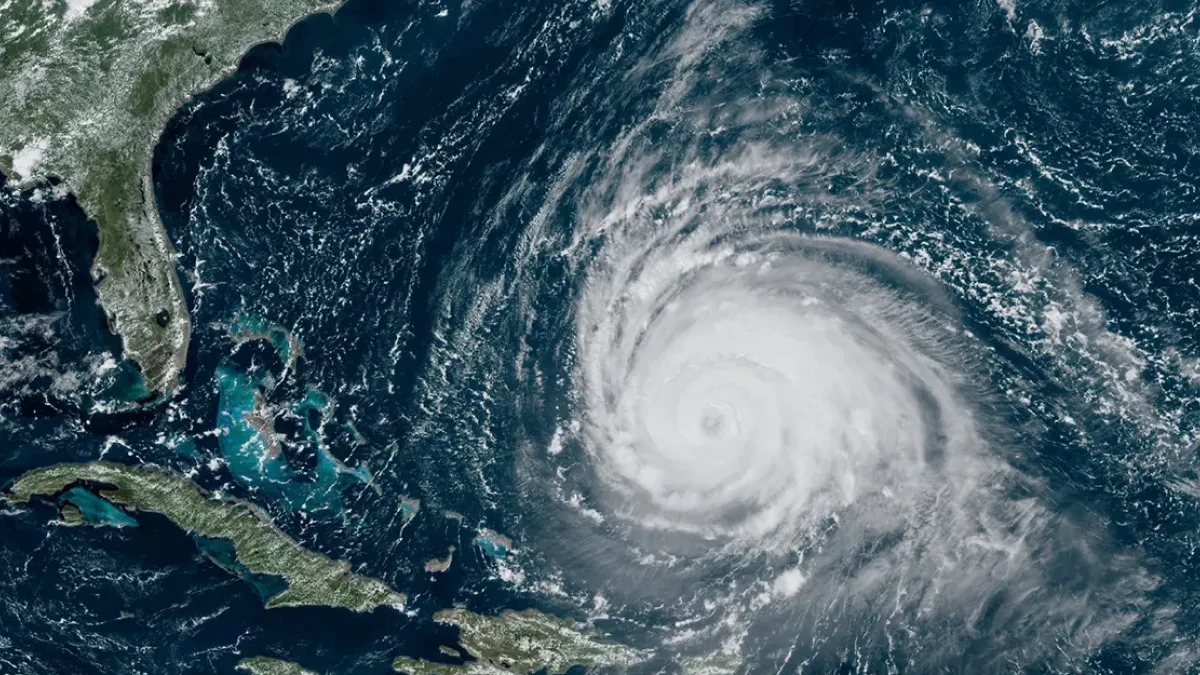As the stranglehold of the summer heat continues in most areas, another very important season is beginning to make its presence felt. The 2024 hurricane season is finally here and has brought along mixed feelings in people—the kind that includes elements of anticipation as well as a great deal of concern. In this article, we take a look at what this season may entail, put up current forecasts, and allow room for individual and community preparedness.
Understanding the Hurricane Season
Atlantic hurricane season is considered to span from the 1st of June through until the 30th of November. It is argued that during such times, the Atlantic has enough ocean warmth and other climatic conditions in its full force to be very supportive of potential hurricanes. These powerful storms usually consist of powerful winds, heavy rains, and at times hazardous storm surges, and thereby it is an importance of learning more about it.
Going from the quiet before the storm, it’s important to understand how hurricanes are classified. These storms begin with some tropical disorder that gains further and further steam until winds are blowing at a minimum of 74 miles an hour. They are then additionally classified on a 1 to 5 rating system, with Category 1 being the weakest and Category 5 being the most brutal.
2024 Current Forecasts
Meteorologists and climate experts have monitored conditions, which have afforded them some prophecy on how this season will unfold. Analysis of historical records indicates that the 2024 hurricane season will really be in some slight above average activity. Researchers predict more storms to this year than the previous ones, and a couple of these may develop into hurricanes.
Factors responsible for this surge in activity can be many, of which warmer sea surface temperatures are one. Hurricanes feed off warmer waters, gaining alimentation and increasing in strength and intensity. Changes in atmospheric patterns also control storm appearance and intensity.
Key Storms to Watch
For some, there have already been a few significant storms. For example, Tropical Storm Ana developed in early June and brought heavy rains over gusty winds to portions of the Caribbean. While this didn’t become a hurricane, it will remain quite a benchmark for the season’s potential.
Looking ahead, meteorologists are watching several areas of potential. Among those are points in the Atlantic where the ideal conditions are present for storm development. Community members in coastal areas should be alert for information or alerts issued by community officials.
Preparing for Hurricane Season
The chances of keeping yourself safe during the hurricane season lie in the preparation. You can ensure that you and your family are safe mostly by the following ways in preparation for the natural disaster. First, develop an emergency plan. This plan should include the routes you will take to evacuate, how you will communicate, and what you will take with you.
Put together an emergency kit, which should accompany your family preparedness plan. Include non-perishable food, water, medications, and first aid supplies in the kit. Don’t forget the pets in putting together the supplies, which also include a battery-operated radio and extra batteries to keep you informed if there is a power failure.
It’s equally important to prepare your home. Look around your house and attic for potential weak points, such as loose shingles or vulnerable windows. Strengthening these areas can help minimize damage from severe winds. If you live in a flood zone, consider buying sandbags or other flood barriers.
Staying Informed
It is important to keep abreast of the weather and weather forecasts especially in hurricane season. Most people rely on local news stations and apps about the weather. One can follow official profiles such as the National Hurricane Center for correct information given at the correct time.
Emergency alerts are one of the key parts of staying informed in the event of emergencies. These alerts can come in the form of text notifications, radio announcements, and, on occasion, sirens. Make sure to sign up for updates through local emergency alert systems.
Community and Government Support
Communities often unite during hurricane season for the mutual support of one another. The local government and the organizations provide resources like emergency shelters, food distribution, and medical help. And it’s helpful to be aware of where these resources are located and how to access them.
Additionally, many communities have volunteer emergency organizations that can help provide assistance when the storm is over. These pivotal services can help with things such as debris collection, arrangements for temporary housing, and securing and administering financial help. Where possible, consider offering a bit of your time or making small donations toward the funding of these programs.
What Next After the Hurricane
There are still some major issues that need to be adhered to after the storm proper has finished. Safety should be the foremost concern for you and your family when approaching a home after the storm. Note the fine but dangerous conditions, like downed power lines, gas leaks, and structural damage.
Document any damage caused to your property and contact your insurance company to start the process of filling claims. In most cases, damages incurred during hurricanes are considered insurable risks, and it, therefore, is advisable that the claims be notified as early as possible.
Finally, stay informed about your recovery resources and how to receive assistance. Recovery can be a long process, and you should utilize all resources at hand in every way possible to rebuild and recover.
Conclusion
And here we are then, into this 2024 hurricane season wherein a lot of challenges have been possibilities for this current time as well as a time for preparations into the future. True, an individual or community can really manage the potential impacts of these energy hazards through knowledge of forecasts, preparedness, and awareness. Always remember, preparedness and awareness are the master keys for the safety and resilience this hurricane season.
